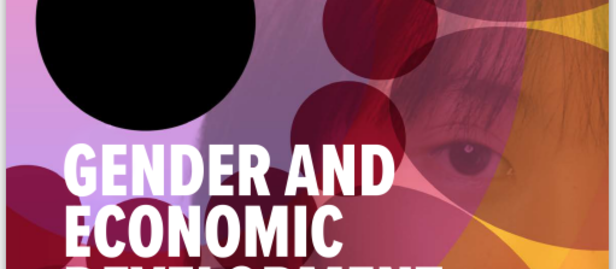Impact Assessment Report of Supporting Resilient Livelihoods and Food Security in Yemen Joint Programme (ERRY II)
Impact Assessment Report of Supporting Resilient Livelihoods and Food Security in Yemen Joint Programme (ERRY II)
October 3, 2022
The primary objective of the presented impact assessment is to assess and measure the overall impact of ERRY II Joint Programme interventions (Phase II) on the life of the targeted Households (HHs) and beneficiaries and the improved resilience capacity of the target communities; assess the intended and unintended impacts of the interventions on community-based resilience building through collection and analysis of quantitative and qualitative data; produce substantive evidence-based knowledge by identifying best practices, lessons learned, and effective methodologies. The impact assessment was conducted in the period of March-June 2022 by Direct Impact with the application of mixed-method approach combining a mix of qualitative information collected from interviews, quantitative results of Household Survey, and the collection of quantitative data from project monitoring and the verification of reported results to assess the achieved impact, challenges, and sustainability of ERRY II Joint Programme. The data collection methodology included the following: a) document review; b) performance indicator assessments; c) Households Survey; and d) key informant and group interviews. Data analysis methods included refining the descriptive statistics and content analysis.
Supported by the EU and Sida, the “Supporting Resilient Livelihoods and Food Security in Yemen Joint Programme (ERRY II)” joint programme aimed to contribute to reducing vulnerability and strengthening resilience of crisis-affected communities in Yemen through the creation of sustainable livelihoods and improved access to basic services. It was jointly implemented by the United Nations Development Programme (UNDP), the Food and Agriculture Organization (FAO), International Labour Organization (ILO) and the World Food Programme (WFP) in the period of February 2019-March 2022. The overall objective of the programme was to contribute to reduced vulnerability and strengthened resilience capacity of crisis-affected communities in Yemen through creation of sustainable livelihoods and access to basic services. The Specific Objective (Outcome) of the programme: Crisis affected communities are better able to manage local risks and shocks for increased resilience and self-reliance.

 Locations
Locations




